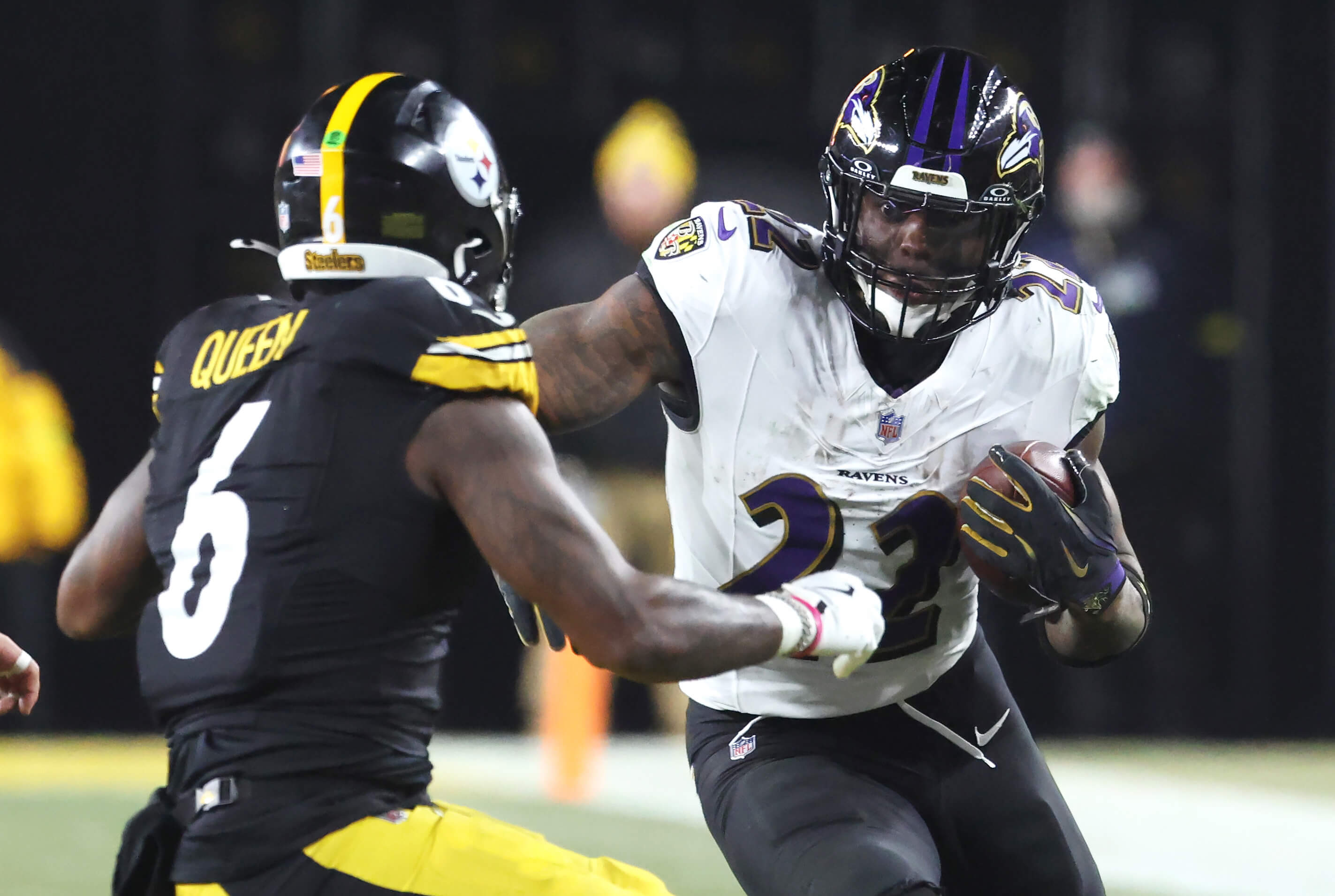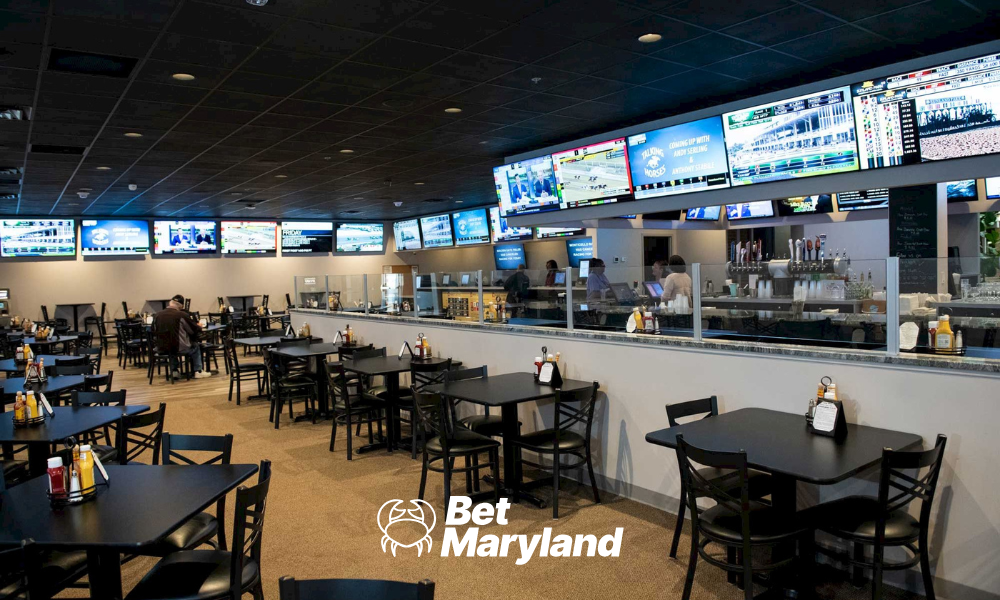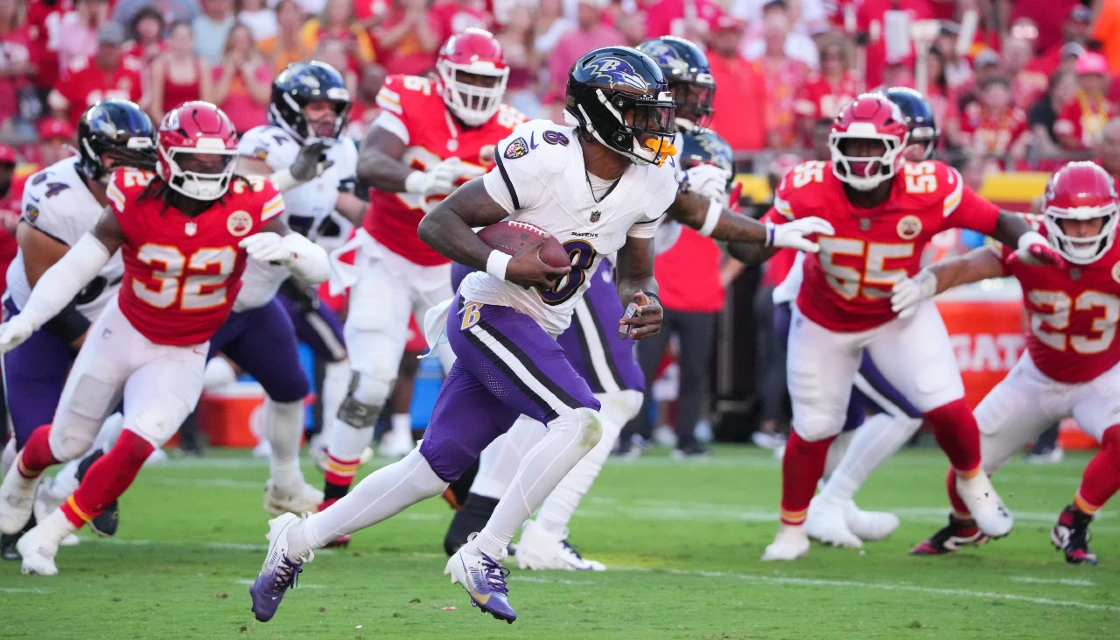Gambling is hugely misunderstood by many people who are outside of the business.
Folks walk into the casino and are immediately struck by the frenetic sounds of slot machines — the electronic bells and whistles and jingles. And then there are the table games with chips piled in front of players and money passing from customers to dealers buying those chips.
It seems that casinos, for the owners, are a license to print money.
In truth, casinos are far from that. Yes, gambling can be a money-maker. But even when there is no once-in-a-century pandemic shuttering the world, the gambling industry is a tough, sometimes bankrupting, business.
Just look at Atlantic City where, in 2014, five casinos closed with just one being revived as a casino-hotel since then. It even happens in Las Vegas. Consider the Lucky Dragon. Never heard of it? That’s understandable. It opened in 2016 and closed two years later.
New World Of Online Gambling
Now, there’s a new iteration of gambling — most prominently in sports gambling — that’s accessible from computers and smartphones. Surely that must be a slam-dunk money-maker.
Well, if you think so, check out the quarterly earnings reports from, say, DraftKings Maryland, a well-regarded company known for its online sports wagering, and you’ll notice that, so far, it has lost hundreds of millions of dollars each quarter as it pursues customers and talks a long-game.
All of which is the setup to discuss Maryland gambling with a fairly robust bricks-and-mortar casino industry (a few big ones, a few smaller ones), horse racing, OTBs, state-run lottery and bingo halls. And now, on the immediate horizon, sports gambling. The new expanded gaming in Maryland does not include online casinos.
But the sports gambling law in Maryland that was passed this year is a grand experiment of sorts.
In an effort to make the industry more inclusive and more diverse, the Maryland law was crafted to invite entrepreneurs into the sports gambling industry who have been, to this point, left out of the business. It really is a unique sports gambling law.
Going To Bat For The Little Guy
To accomplish that inclusivity, the law provides for dozens of retail licenses to be issued in four categories that are defined by the size of the business seeking a license.
On the online side of the sports gambling law — and that’s where the real money is — the number of licenses can mirror the number of retail licenses, although the cost of application and the complexity of online operations should limit applicants. The actual betting might be ready to start this coming football season at some retail locations. Online wagering will take longer.
The application process for sports gambling licenses is just getting underway in Maryland, but if one had listened to some of the aspiring sportsbook operators when the law was being discussed in legislative hearings and workshops earlier this year, it was evident that there was great enthusiasm for the opportunity to participate.
Legislators listened and, in discussions, you could tell that many also bought into the notion of giving small businesses — especially minority-owned and women-owned businesses — an opportunity to get a piece of the sports gambling pie.
Make no mistake about it. This is a very good ambition. And the hope here is that these sportsbook Davids prove they can compete with the Goliaths of the industry.
The Challenges That Await
However, while one can root for the underdog, it would be remiss not to point out the challenges.
Licensing for a gambling operation is a little different than for, say, a coffee shop. The level of scrutiny is intense, and it includes examining financial wherewithal.
The list of considerations (meaning expenses) in running a gambling enterprise seems endless — starting with know-your-customer safeguards there are systems to prevent cheating and out-of-state participation, surveillance for retail, posting appropriate odds, banking systems for online deposits and withdrawals, strict accounting procedures to pay customers and taxes and employees, flagging suspicious financial activity, watching for problem gambling, marketing and acquiring customers.
As we said, the list seems endless.
And we left out one of the biggest concerns. Sports gambling is essentially a house-banked game. That means that the gamblers are wagering against the operator. Unlike in live poker and horseracing where gamblers are playing for each other’s money, in sports gambling, it is the public versus the house.
How Things Can Turn
The danger for gambling operators was illustrated in 2019 when Rhode Island sportsbooks took about a $2.3 million hit when the New England Patriots won and covered the spread in the Super Bowl. Bettors had flocked from all over New England to bet on the Pats, and the Patriots, as less than a field goal favorite, beat the L.A. Rams, 13-3. A big hometown team win can be a big-time sportsbook loss. Small operators have to be braced for such an eventuality.
And it’s not just a one-time event that the books have to be concerned about. In the first half of the 2020 NFL season, the public was routinely crushing the books.
Both Favorites and the “Over” (a bet on the total points scored in a game) kept “getting there”; bettors love favorites and the Over. It got so bad for the books that at mid-season, the CEO of a major casino company approached his sportsbook manager to ask what was going on.
Of course, things turned around in the second half of the season (in part, because the public darling Kansas City Chiefs were miserable against the spread) but that is the type of stress that small operators will inevitably face, sometimes for weeks, even months at a time.
As noted above, we are rooting for the smaller operators. In terms of sports gambling being used as a vehicle for economic equity, Maryland’s approach is an unprecedented and admirable effort and it is a tremendous opportunity. But it will also be a challenge.







